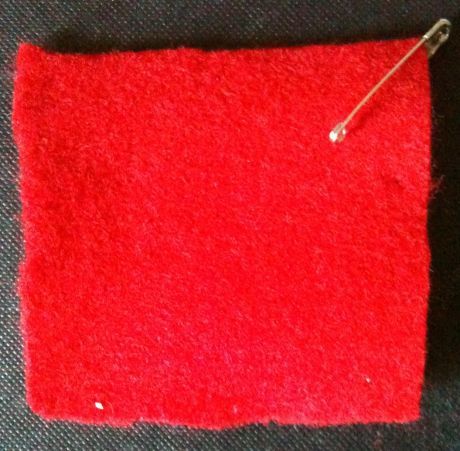Features
You are here
Quebec election 2012: a major victory for students and the left

October 5, 2012
On September 4, the Quebec Liberals were tossed out of government. The next day, Liberal leader Jean Charest resigned from politics after 28 years in office. Ousting the Liberals was a huge victory for students and the left in Québec. Fed up with government corruption, declining social services, demonizing student protesters and criminalizing demonstrations (Bill 78), Quebecers had simply had enough.
Voters did not overwhelmingly vote for the separatist Parti Québecois (PQ) either. The PQ won a minority with 54 seats in the 125-seat assembly, just ahead of the Liberals with 51seats. The PQ did not win a majority government because they want a referendum on independence, tighter language legislation, stronger laws of citizenship and a ban on the hijab in public service jobs.
Pre-election, PQ leader Pauline Marois wore the red square of the student movement, denounced Charest`s mishandling of the student strike and demanded a freeze on tuition to win the youth vote. During the election campaign, Marois took off her red square and recruited one of the student strike leaders, Léo Bureau-Blouin, who got elected in a Laval riding.
One of Premier Marois’ first tasks was to quash Charest’s tuition increase and draconian Bill 78. Even so, militant students were critical of the PQ’s plan to index tuition to the cost of living.
Even if disappointed that the Liberals won official opposition, voters had felt uneasy with the CAQ (Coalition for the Future of Quebec), a right-wing mix of Canadian federalists and Quebec separatists that formed a year ago. CAQ came in third with 19 seats. The Liberals have no power and the PQ must court the CAQ to pass anything through the assembly if they survive a non-confidence vote and another election is not called.
Québec Solidaire
While the other parties in the media overshadowed the left wing, Québec Solidaire (QS), their presence on the political scene significantly grew.
QS fought for a place in the RDI televised debate for Françoise David (one of the national co-spokespeople for QS), who emerged the debate’s winner. She will join QS’s other national co-spokesperson, Amir Khadir, in the national assembly this time. Amir Khadir, elected for a second time, won an easy victory in Montreal`s Mercier riding, over 7,000 votes ahead of the PQ candidate. CAQ came in third and the Liberals trailed in fourth place. Françoise David (15,096 votes), after three elections, took Montreal`s Gouin riding from the PQ (10,723 votes) which had held the riding for 12 years. QS showed impressive promise in three other Montreal ridings (Laurier-Dorion, Hochelaga-Maisonneuve and St. Marie/St. Jacques) and has grown deep roots in many ridings across Quebec.
QS officially supported the student strikes from the very beginning, taking up student demands for free, accessible post-secondary education, joining citizen pot-clanging marches (les cassaroles) and still proudly wearing the red square.
It’s interesting to note that progressive Anglophones voted for QS in greater numbers despite the party’s programme for an independent Quebec. QS’s internationalist approach to an independence sensitive to the needs of other language and cultural groups and a proposed democratic constituent assembly process seems to be opening up Anglophones to a new view on the national question.
Upcoming struggles
Tragically, during Pauline Marois’ victory speech the night of the election, an English-speaking man shot three people, one fatally, at the PQ gathering. Anglophones and Francophones united at vigil held the next night outside the venue where a sound technician was killed. This amazing response spoke volumes about the solidarity the two language groups achieved throughout the student strike and election. To prevent the media from playing up tensions between the French and English, this solidarity must be continue to be built upon in the student and broader social movements as well as in the QS.
The battle against tuition increases radicalized a generation. The “printemps Québécois” (Quebec Spring), led by militant, democratic student strikes, was infused with the language of the Occupy movement. In their turn, Quebec students inspired a mass social movement bringing in demands for change, for the environment, against shale gas drilling, against Plan Nord (Charest`s plan to draw in multi-nationals to mine the North), to protect aboriginal lands, to vote out the Liberals and for Charest to resign.
Students and locked out Rio Tinto Alcan workers visibly supported each other’s struggles on the ground. Despite supporting students financially, the major unions infrequently mobilized actions with students. As the working class were key to change in Quebec in the 1970s, the unions will have to mobilize rank-and-file members in upcoming struggles.
With the right-wing parties in disarray and many of the demands still unmet, CLASSE has called for a mass demonstration at 2 pm on September 22 at the Assemblée Nationale du Québec. In the tradition of the mass demonstrations on the 22nd every month during the student strike, CLASSE want to remind the government that battle is not over.
Section:
- Log in to post comments









